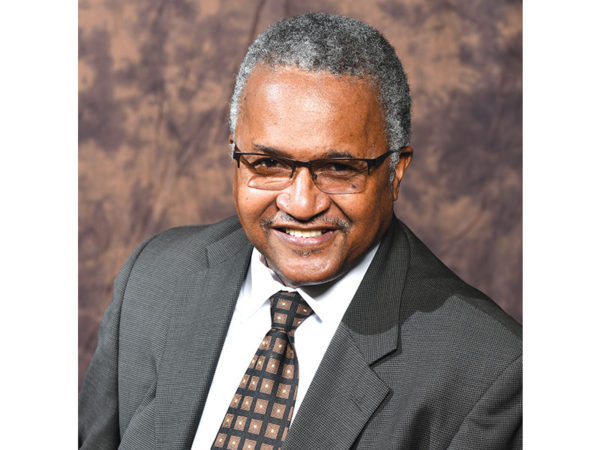It’s been nearly 50 years since Clem T. Toston was elected to represent African-Americans on the Ouachita Parish School Board, but today, nearly a half-century later, Blacks in West Ouachita Parish still have no representation on the parish school board.
The Ouachita Parish School Board has begun the task of redrawing district lines as required by the State Constitution. After each census, government units across the states are required to redraw district lines to guarantee districts are contiguous and that they have roughly the same population.
After lengthy court battles led by the Black Citizens Council in the late 60s the federal courts required the Ouachita Parish School Board and the Ouachita Parish Police Jury to redraw their district lines to guarantee representation of African Americans.
The Police Jury reduced its size to six members with two Black members: Abe E. Pierce, III and Ervin “Peter” Turner.
The school board was similarly scaled down to seven members with one Black member, Clem T. Toston.
There was only one problem, the Blacks on both the Police Jury and the School Board all live east of the Ouachita River. Blacks in West Monroe have never had an opportunity to elect a West Monroe Ouachita African-American to either body.
The City of West Monroe’s leadership has decided to change with the times. Its mayor has led the city to reverse past discrimination against African-Americans by agreeing to reorganize the West Monroe City Council into single-member districts, one of which would make it possible, but not guarantee, that an African-American could be elected to the West Monroe Board of Aldermen.
Since the Ouachita Parish School Board has begun its redistricting, it now has a chance to follow the lead of the City of West Monroe to correct a century of discrimination by aligning its districts in a way that makes it possible for an African-American from West Monroe to serve on the Board.
It’s a logical because the 2020 Census shows that the white population in the parish has declined by five percent in the last ten years. However, the Black population in the parish has increased by five percent. It’s apparent that since Blacks are now 35% of the parish, the board should redistrict in a way that makes it possible to add a second Black member to the board, preferably from West Ouachita.
The board’s lone Black member is Rev. Harold McCoy, who replaced the late John L. Russell, represents Blacks on both East and West Ouachita Parish. To accomplish that feat the Federal Courts allowed the board to draw district lines that cross the Ouachita River and take in the River Bend community and adjacent areas. It gives African-Americans a representative on the board but it effectively makes it impossible for East Ouachita Blacks to have their own representative.
There’s heavy politics involved here because under the present seven-member board arrangement, one white board member would have to be eliminated to create a West Ouachita Black District. That probably won’t happen.
However, the School board could take the legal steps to reorganize itself to provide eight districts with one of the eight consisting of a new district that allows for a West Ouachita African-American on the board.
Ideally, the board would take steps to rectify past mistakes on its own. However, old habits die hard, even racially tinged habits. The change will probably require court actions to end discrimination.
At present, the district is considered “unitary” and is free from Federal jurisdiction. A successful Civil Rights suit could open up another five to ten years in court.
The prospect of dragging the Parish School Board back into federal court is a reality. In recent weeks, the Ouachita NAACP has been actively recruiting a plaintiff for a possible federal Civil Rights suit against the system challenging the board’s failure to provide equal representation for minorities on the board.
The census figures dictate that there must be at least two black members of the Parish School Board.
If the board doesn’t reorganize itself to reflect that reality, then the prospect of opening another Civil Rights Case with its associate consent decrees, Justice Department Mandates and court battles looms on the horizon.
When faced with that fight, the City of West Monroe chose to change with the times.
Hopefully, the Parish School Board will do the same.


